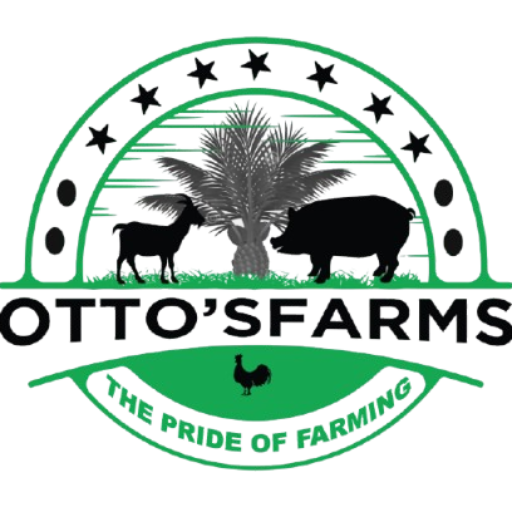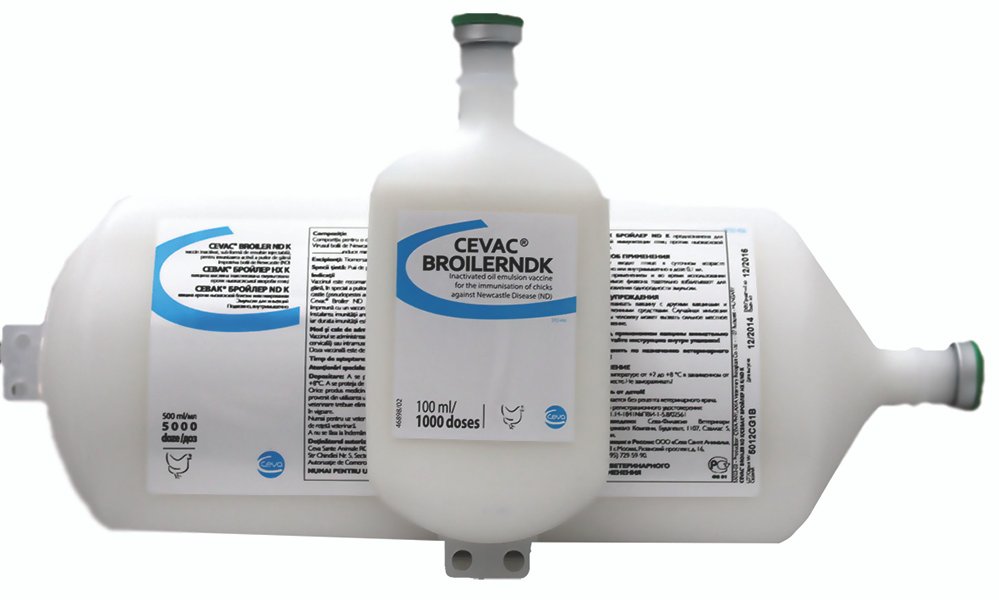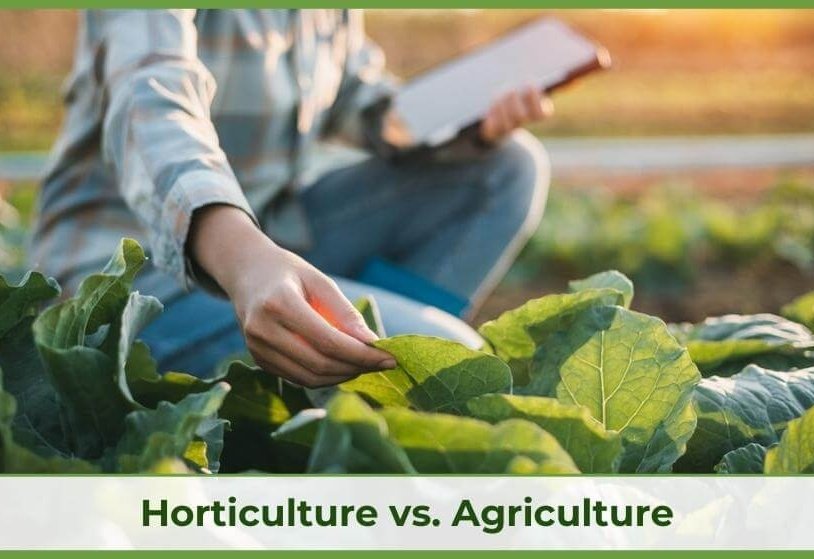CEVA NDK, In the world of poultry farming, health is of paramount importance. Every poultry farmer understands the critical role vaccines play in protecting their flocks. One such vaccine that has been instrumental in safeguarding poultry, especially against Newcastle disease, is CEVA NDK. In this comprehensive guide, we will delve into what CEVA NDK is, its significance in poultry health, how it works, and much more.
What is CEVA NDK?
CEVA NDK, also known as CEVAC® BROILER ND K, is a vital vaccine used in the poultry industry to protect birds, particularly chickens, from the devastating effects of Newcastle disease. This vaccine is a powerful tool in ensuring the health and well-being of poultry flocks.
Newcastle Disease: The Threat to Poultry
Before delving deeper into CEVA NDK, it’s crucial to understand the threat posed by Newcastle disease (ND). Newcastle disease is a highly contagious viral infection that affects various avian species, including chickens. It is caused by the Newcastle disease virus (NDV) and is characterized by a wide range of symptoms, including respiratory distress, nervous system disorders, and a sharp drop in egg production.
Newcastle disease is not just a concern for individual poultry farms but has far-reaching implications for the entire poultry industry. Outbreaks of Newcastle disease can lead to significant economic losses due to high mortality rates, decreased egg production, and trade restrictions placed on affected regions.
How CEVA NDK Works
CEVA NDK operates on a simple yet powerful principle: prevention through vaccination. It contains the La Sota strain of Newcastle disease virus, which has been genetically modified to express crucial Mycoplasma gallisepticum antigens. These antigens are essential for bolstering the bird’s immune system against Newcastle disease.
When administered to chickens, CEVA NDK stimulates the birds’ immune response without causing the disease itself. The chicken’s immune system recognizes the modified virus and produces antibodies to fight it off. This process not only protects the bird from the modified virus but also primes its immune system to respond effectively if it encounters the wild-type Newcastle disease virus in the future.
Administration of CEVA NDK
Proper administration of CEVA NDK is critical to its effectiveness. Poultry farmers should adhere to the recommended vaccination protocol, which typically involves administering the vaccine through a variety of methods, including eye drops, spraying, or drinking water.
Timing
The timing of vaccination is crucial. CEVA NDK is often administered when birds are at specific developmental stages. For instance, broilers may receive the vaccine at a different age than layers or breeders. It’s essential to follow the manufacturer’s recommendations and consult with poultry health experts to determine the most suitable vaccination schedule for your flock.
Methods of Administration
- Eye Drop: Eye drop vaccination involves placing a drop of the vaccine solution directly into the bird’s eye. This method is commonly used for young chicks.
- Spray: In the spray method, a fine mist of the vaccine solution is sprayed into the air within the poultry house. The birds then inhale the mist, which delivers the vaccine to their respiratory system.
- Drinking Water: The drinking water method involves adding the vaccine to the birds’ drinking water supply. This is a convenient method for vaccinating large flocks simultaneously.
Benefits of Using CEVA NDK
The use of CEVA NDK in poultry farming offers several significant benefits:
Disease Prevention
The primary purpose of CEVA NDK is to prevent Newcastle disease. By vaccinating birds with CEVA NDK, poultry farmers can significantly reduce the risk of Newcastle disease outbreaks on their farms. This prevention translates into lower mortality rates, decreased treatment costs, and improved overall flock health.
Increased Egg Production
Newcastle disease can cause a sharp decline in egg production among laying hens. By preventing the disease, CEVA NDK helps maintain consistent egg production levels, ensuring a steady supply of eggs for consumption or sale.
Economic Stability
Outbreaks of Newcastle disease can have devastating economic consequences for poultry farmers and the industry as a whole. The use of CEVA NDK contributes to economic stability by preventing these outbreaks and the associated losses.
Reduced Antibiotic Use
Vaccination reduces the need for antibiotic treatment, contributing to a reduction in the use of antibiotics in poultry farming. This aligns with global efforts to combat antibiotic resistance and promote responsible antimicrobial use.
Safety and Precautions
While CEVA NDK is a valuable tool in poultry health management, it must be handled with care. Poultry farmers should follow strict safety guidelines to ensure both their safety and the well-being of their birds during vaccination.
Proper Storage
CEVA NDK should be stored under appropriate conditions, typically in a refrigerator or freezer, depending on the specific requirements outlined in the product’s instructions. Ensuring the vaccine remains at the correct temperature is crucial for its effectiveness.
Hygiene and Biosecurity
Maintaining good hygiene and biosecurity practices during vaccination is essential. This includes disinfecting equipment, using sterile needles and syringes, and taking precautions to avoid cross-contamination.
Professional Guidance
Poultry farmers should seek guidance from veterinarians or poultry health experts when administering CEVA NDK. These professionals can provide valuable advice on the correct vaccination protocol and any specific considerations for the flock in question.
Disease Prevention and Biosecurity
Vaccination, including the use of CEVA NDK, is just one component of a comprehensive biosecurity plan for poultry farms. Biosecurity measures aim to prevent the introduction and spread of diseases. These measures include:
- Isolation: Keeping new birds separate from the existing flock for a quarantine period to monitor their health.
- Restricted Access: Limiting access to the farm to essential personnel and ensuring they follow strict hygiene and disinfection protocols.
- Cleaning and Disinfection: Regularly cleaning and disinfecting poultry houses, equipment, and vehicles.
- Rodent and Pest Control: Implementing measures to control rodents and pests that can carry diseases.
- Record-Keeping: Maintaining accurate records of flock health, vaccination history, and any disease outbreaks.
Case Studies and Success Stories
The effectiveness of CEVA NDK in preventing Newcastle disease and promoting poultry health is evident in numerous case studies and success stories from poultry farms around the world. These stories showcase how CEVA NDK has been instrumental in protecting flocks and ensuring the sustainability of poultry operations.
Future Developments and Research
The field of poultry health is continually evolving, and ongoing research and innovation are critical to staying ahead of disease threats. Researchers and scientists are working to develop even more effective vaccines and disease prevention strategies. Poultry farmers should stay informed about the latest developments and best practices in poultry health management.
In the world of poultry farming, disease prevention is a top priority. CEVA NDK, with its innovative approach to Newcastle disease prevention, stands as a vital tool in poultry health management. By understanding how CEVA NDK works, adhering to proper vaccination protocols, and implementing robust biosecurity measures, poultry farmers can protect their flocks and contribute to a sustainable and thriving poultry industry.
Additional Resources
For further information on CEVA NDK and poultry health management, we recommend the following resources:
- [Link to CEVA NDK product information]
- [Link to poultry health guidelines]
- [Link to relevant research articles]
Author Bio
Enow Peric is a Manager at Otto’sFarms, with expertise in poultry health and disease prevention. They are passionate about promoting responsible poultry farming practices and ensuring the well-being of poultry flocks.
Contact Information
For inquiries or additional information, please contact Arrey Nigle at help@Ottosfarms.com
This comprehensive article provides a detailed overview of CEVA NDK, its importance in poultry health, administration, benefits, safety precautions, and more, offering valuable insights to poultry farmers and enthusiasts.
Here are some example external links that can be included in the article for additional resources and references:
- CEVA NDK Product Information: Link to CEVA’s official product page for CEVAC® BROILER ND K
- Poultry Health Guidelines: Link to a reputable source like the USDA’s Poultry Health Guidelines
- Research Articles on Poultry Health: Link to a scientific journal or database with relevant research articles
Please ensure that these links are kept up-to-date and are relevant to the content of your article. It’s essential to use credible and authoritative sources to provide readers with accurate and trustworthy information.





